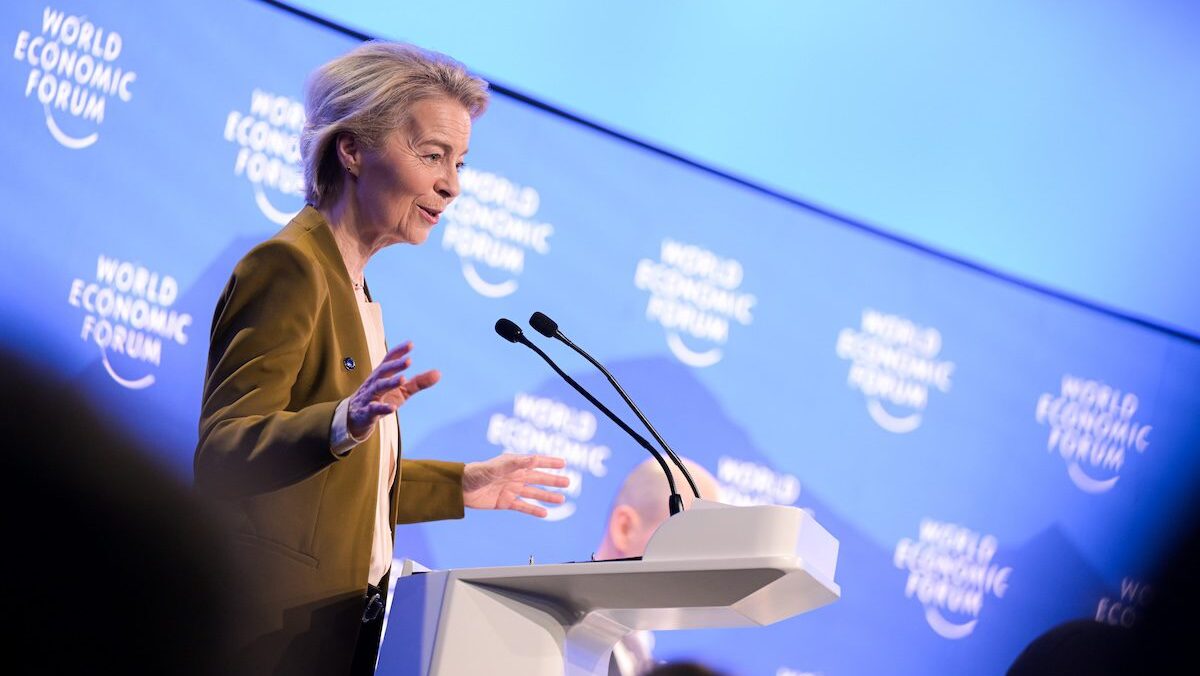
Photo: Dati Bendo, © European Union 2025 Source: EC – Audiovisual Service
The European Commission recently introduced the so-called Democracy Shield, an initiative allegedly created to protect democratic processes within the European Union from foreign interference and disinformation. However, behind this seemingly noble objective lie profound implications for national sovereignty, freedom of expression, and European political balance.
Dr. Adina Portaru, Senior Counsel, Europe, for legal advocacy organization ADF International, warns: “The European Democracy Shield (EDS) goes far beyond the stated aim of protecting democracy from interference by malign foreign states. We have grave legal concerns that this could result in censoring legitimate but disfavoured views online.”
The initiative establishes monitoring tools, content regulation on social media, and mechanisms to punish those who spread “disinformation”—without clarifying who defines what is or isn’t truthful information. This centralized control over information threatens ideological plurality and media outlets that question Brussels’ policies.
Portaru continues: “The EDS claims it aims to tackle ‘disinformation’ and ‘foreign interference’ to ‘protect democracy’. But it also says it will address ‘home-grown hybrid threats’ and ‘malign interference’. These are vague and subjective terms which can be defined by those in power to target views they disagree with. Attempts to limit free speech through initiatives like this and the Digital Services Act will not protect democracy but destroy it.”
This mechanism adds to other measures already implemented by the EU, such as the Digital Services Act (DSA), which grants Brussels the power to pressure significant tech platforms to remove “harmful” content. With the Democracy Shield, this trend will intensify, particularly affecting journalists, intellectuals, and citizens who expose the shortcomings of the European project.
Dr. Portaru also highlights the contrasting attitudes toward freedom of speech on both sides of the Atlantic and the potential consequences that may follow:
The EDS is also evidence of an emerging gulf between the EU and the US regarding free speech which could lead to tensions in the future if the EU continues on this path. As MEP Fernand Kartheiser pointed out last week: ‘For the sake of truly preserving European democracy and also good relations with America, all attempts to impose censorship in Europe… must end.
While there is an insistence on the need to combat disinformation, the EU remains silent about the media manipulation driven by its institutions and major media groups aligned with its ideological stance. It seeks to combat alleged foreign interference, but what about Brussels’ interference in the internal affairs of member states?
